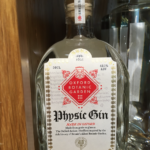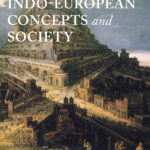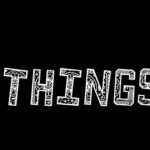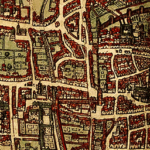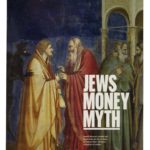OiM Introduction
This option explores key anthropological debates about the production, circulation and consumption of commodities through the lenses of markets, religion, and travel. Drawing on ethnographic examples from around the world, but with a particular focus on East Asia, the aim is to critically examine contentious issues surrounding commodification, globalisation and cross-cultural circulation of people and things. Topics discussed include the exchange of commodities within gift economies; the impact of commercialisation upon spiritual forms; tourism and notions of authenticity; money, markets and the ethics of global trade; advertising and visual economies, the Internet and mobile technologies, and disposal and the second-hand economy. All these topics will be explored through a mixture of written texts, photography and film.
Outline
HT Week 1: Introduction
HT Week 2: Commodities and Gift Economies
HT Week 3: Money and Markets
HT Week 4: Religion and Commerce
HT Week 5: Visual Economies (exhibition visit London)
HT Week 6: Authenticity, Place and Product
HT Week 7: Between the Local and the Global
HT Week 8: The Internet and Mobile Technologies
– – – – – – –
TT Week 1: Challenging Commodification 1:The Morality of Consumption
TT Week 2: Challenging Commodification 2: Anxiety, Magic and Occult Economies
TT Week 3: Challenging Commodification 3: Waste, Materials, and the Second-hand Economy
Course Structure
– Tuesdays 10.00-12.00 in the seminar room at 61 Banbury Road
Each week a group of four or five students will discuss the key readings in class.
– Tuesdays 13.00-15.30 in the Lecture Theatre at the Pitt-Rivers Museum
A film screening accompanies this option. Each week a second group of students will introduce a film and lead the discussions at a public viewing by drawing on the specific readings listed.
Note: In week 4 and week 7 students will be given two films to watch. They can decide which one that they would like to show in the public viewing, explaining this choice in their presentation.
Some of the lectures in the Cultural Representations series on Thursdays at 12.00, the Departmental Seminars (Fridays 11.00-12.30), which I am co-convening this term, and the VMMA seminar series (Fridays 13.00 – 12.30), all held at the PRM Lecture Theatre, will also be relevant for the course.
Coursework
Each week non-presenting students will complete an assignment that has to be submitted online by Monday 5 pm.
The course is examined by a single 5,000 word essay, written to a title selected from a list of titles, and submitted in Trinity Term (Tuesday Week 5) before the June examinations. The essay may be accompanied by a CD or DVD of video clips, amounting to no more than fifteen minutes of viewing time.
Selective list of relevant ethnographies
Bruner, E. 2005. Culture on Tour: Ethnographies of Travel. University of Chicago Press.
Burrell, J. 2012. Invisible Users: Youth in the Internet Cafes of Urban Ghana. MIT Press.
Foster, R. 2005. Coca-globalization. Palgrave.
Mazzarella, W. 2003. Shoveling Smoke: Advertising and globalisation in contemporary India. Duke UP
Moeran, B. 1996. A Japanese Advertising Agency. Curzon Press.
Munn, N.1986. The Fame of Gawa. Cambridge: Cambridge University Press.
Norris, L. 2008. Recycling Indian Clothing: Global Contexts of Reuse and Value. Indiana University Press.
Parry, J. 1994. Death in Banares. Cambridge UP.
Riles, A. 2001. The Network Inside Out. The University of Michigan Press.
Steiner, C. 1994. African Art in Transit. Cambridge UP.
Suzuki, H. 2000. The Price of Death: The funeral industry in contemporary Japan.
Tambiah, S. 1984. The Buddhist Saints of the Forests and the Cult of Amulets.Cambridge University Press.
Taussig, M. 1980. The Devil and Commodity Fetishism in South America. U of North Carolaina Press.
Trutt, A. 2013. Dreaming of Money in Ho Ch Minh City. University of Washington Press.
Tsing, A. 2005. Friction: An ethnography of global connection. Princeton University Press.
Weiss, B. 1996. The Making and Unmaking of the Haya Lived World. Duke UP.
Zaloom, C. 2006.Out of the Pits: Traders and Technology From Chicago to London. University of Chicago Press.


